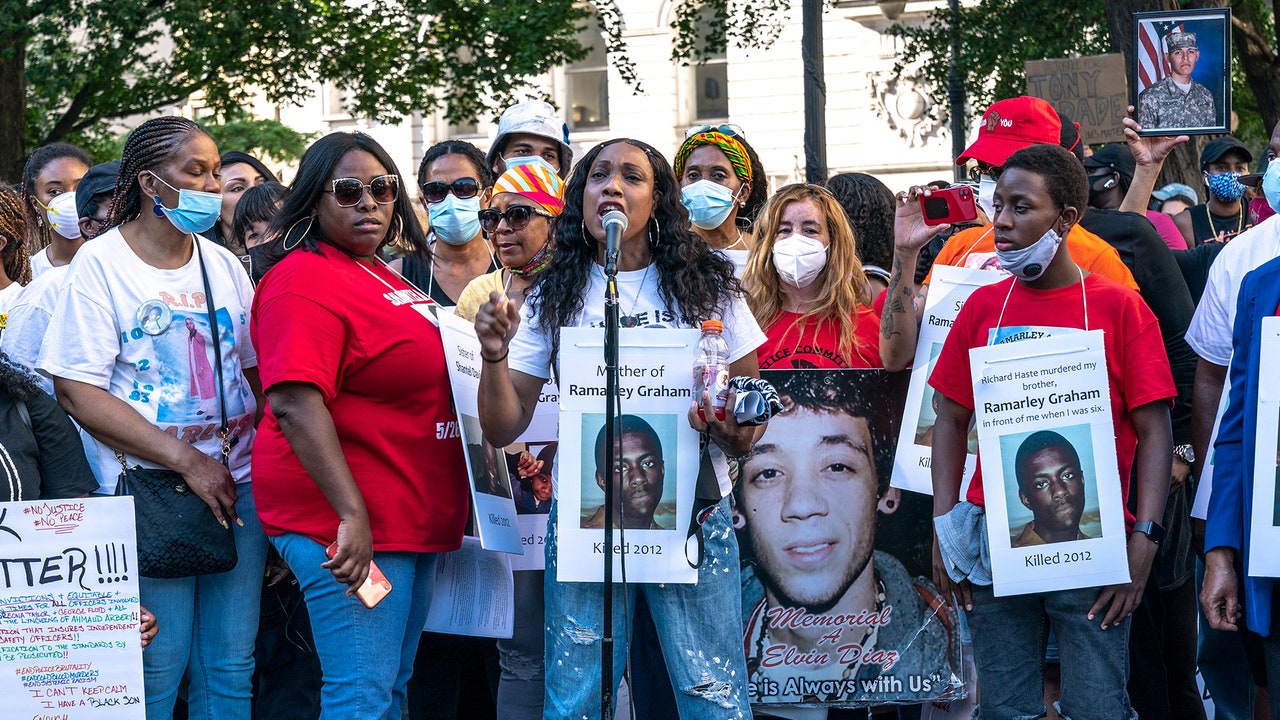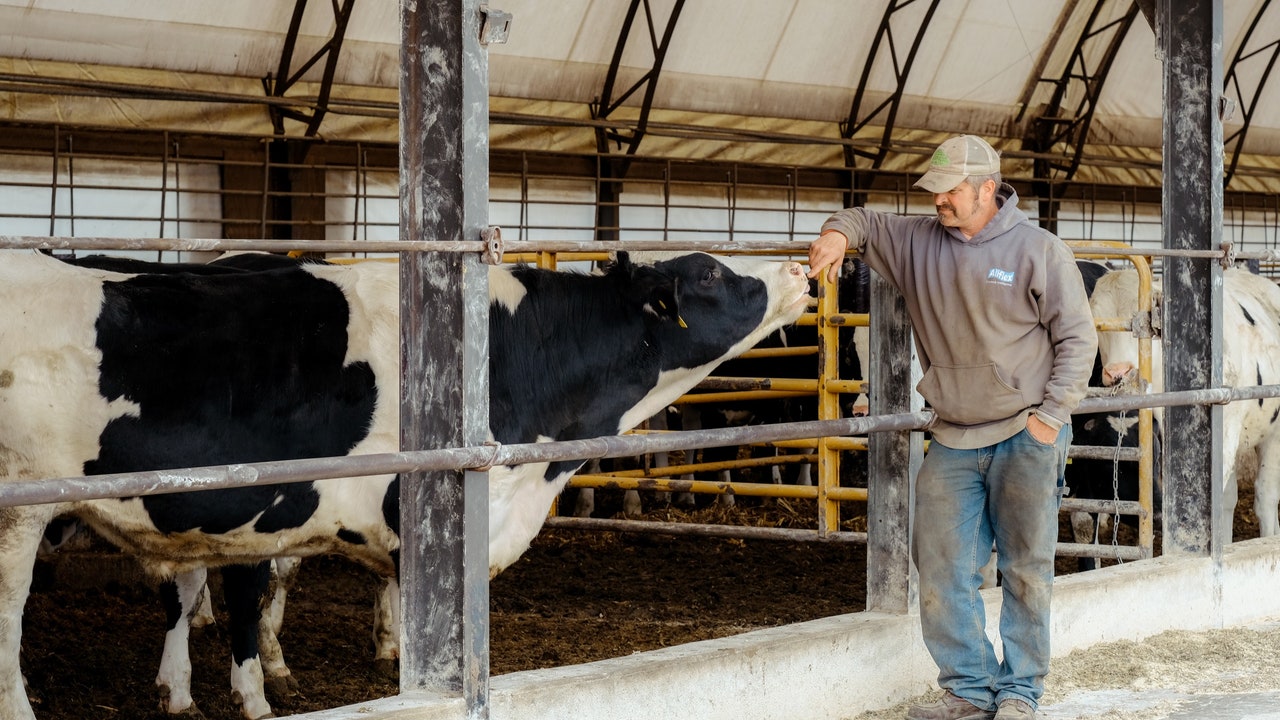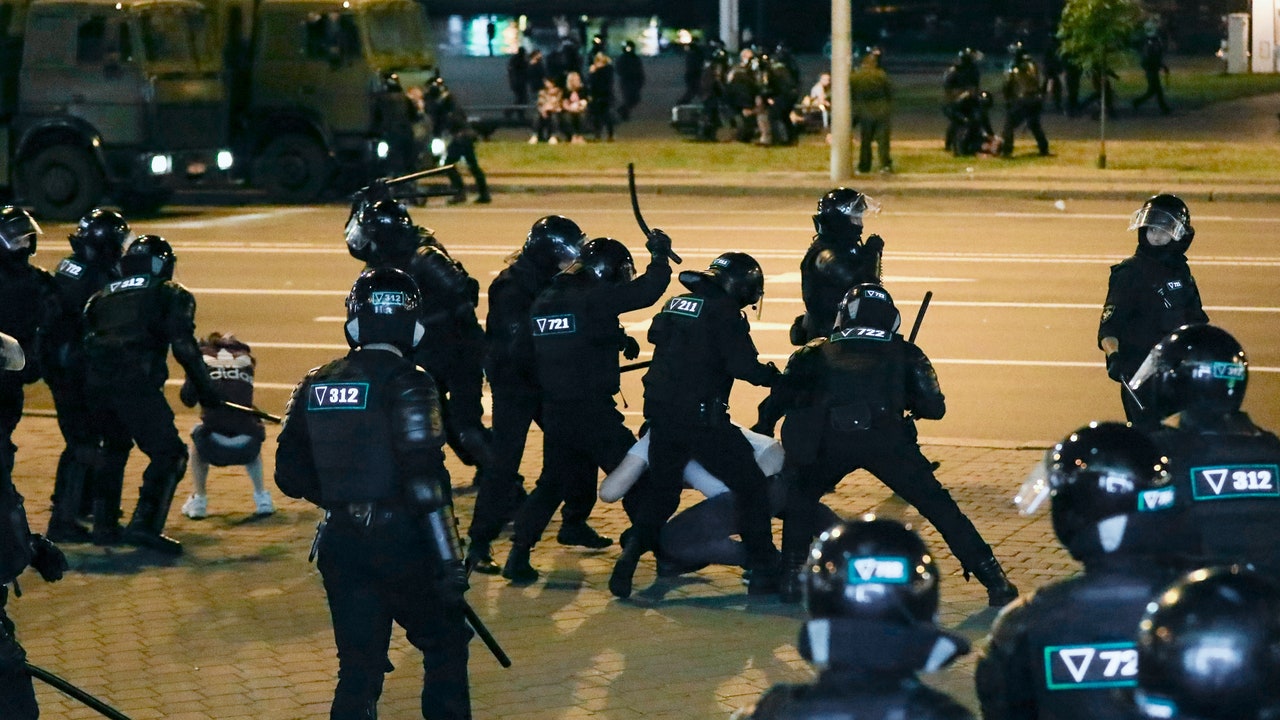The Panopticon Is Already Here
Xi Jinping is using artificial intelligence to enhance his government’s totalitarian control—and he’s exporting this technology to regimes around the globe.
via The Atlantic: https://www.theatlantic.com/magazine/archive/2020/09/china-ai-surveillance/614197/
By 2030, AI supremacy might be within range for China. The country will likely have the world’s largest economy, and new money to spend on AI applications for its military. It may have the most sophisticated drone swarms. It may have autonomous weapons systems that can forecast an adversary’s actions after a brief exposure to a theater of war, and make battlefield decisions much faster than human cognition allows. Its missile-detection algorithms could void America’s first-strike nuclear advantage. AI could upturn the global balance of power.












